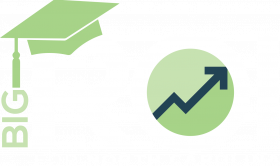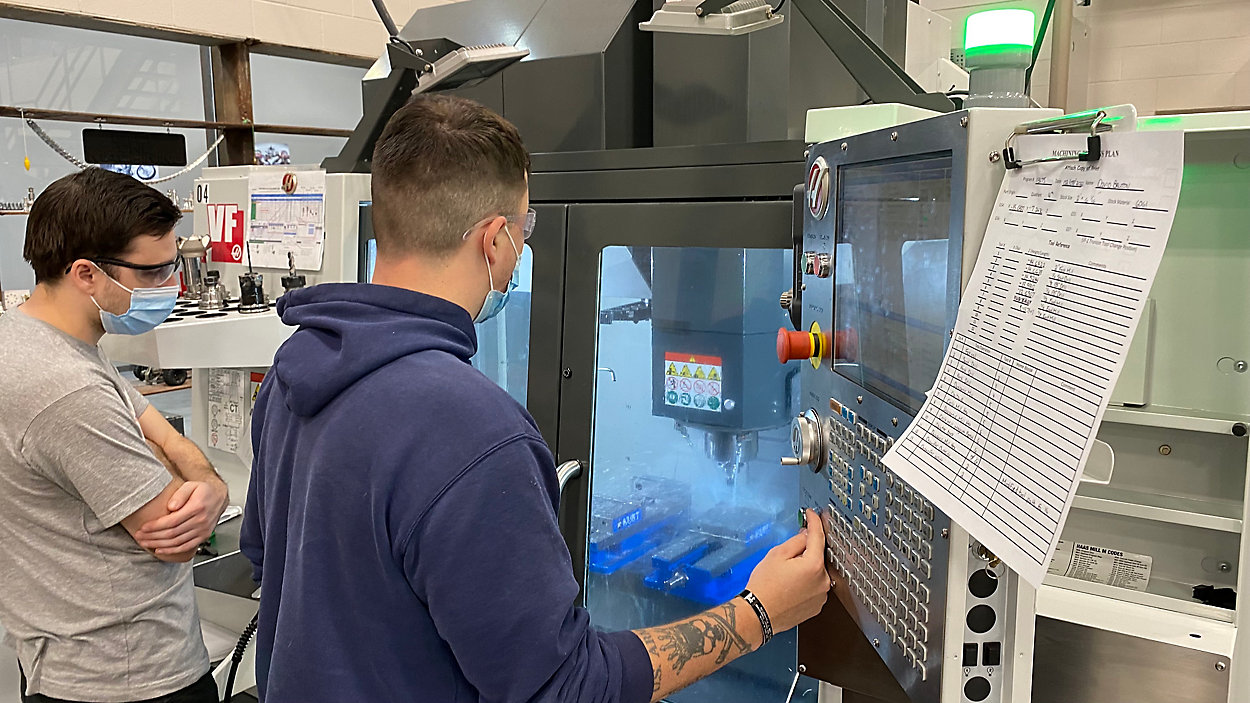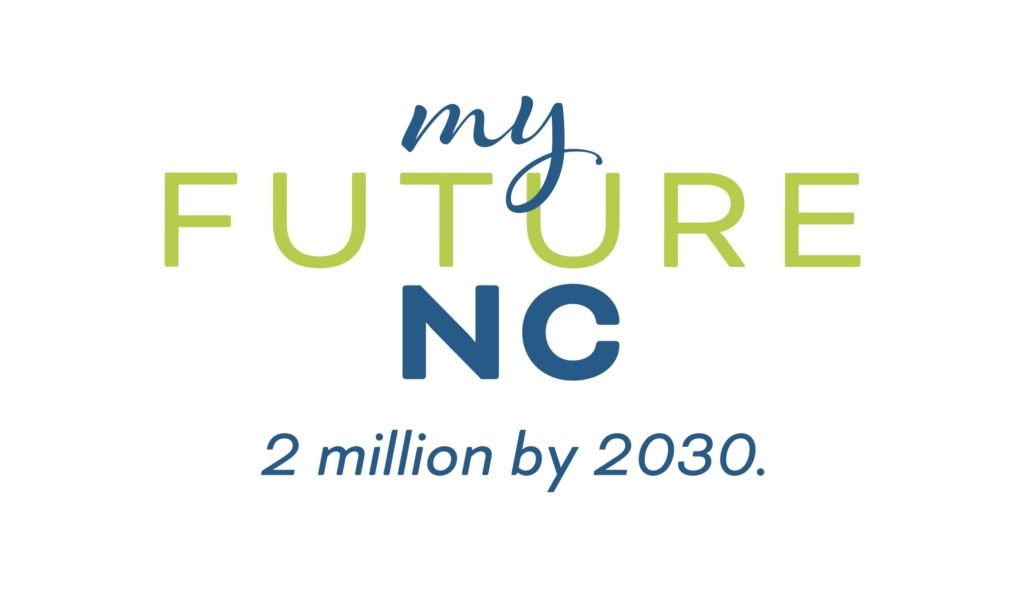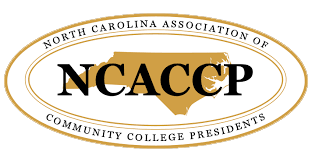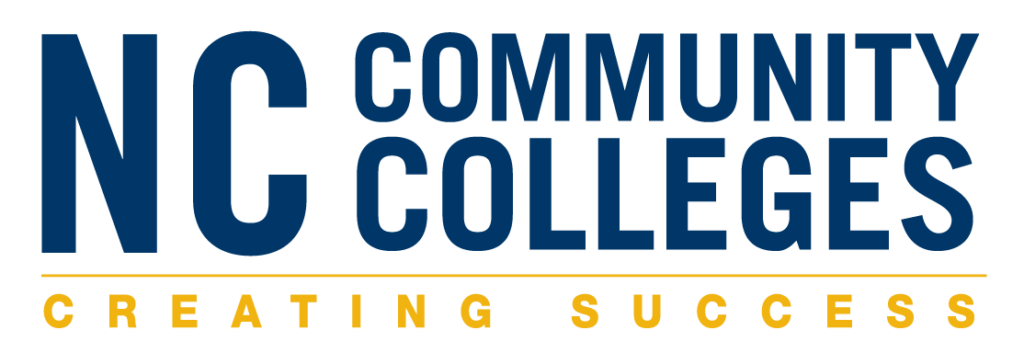BY CHARLES DUNCAN | Spectrum News 1
GREENSBORO, N.C. — The students huddled around, leaning in as the milling machine began shaving steel from the block, cutting precisely the right shape for a machine part. Machining Instructor Derek Seeke talks them through what’s happening as one student runs the controls.
Seeke and a half-dozen students watch the machine run in one corner of the cavernous Center for Advanced Manufacturing at Guilford County Technical Community College. There are rows of equipment, it almost looks like a factory floor. Students here are training to be part of North Carolina’s emerging manufacturing economy.
The new factories in North Carolina don’t make cigarettes or textiles, they’ll be making batteries for electric cars or pharmaceuticals.
Since the start of 2022, North Carolina has seen a slew of big economic development announcements.
Eli Lilly is building a new plant in Cabarrus County and adding 600 jobs. Boom Supersonic at Piedmont Triad Airport plans to create 1,750 jobs by 2030 and build the next generation of supersonic planes. Pharmaceutical company BestCo is adding almost 400 jobs in Iredell County. Sherwin-Williams also plans to add almost 200 jobs in Iredell County.
The state announced more than 24,000 new jobs last year, including big names like Apple, Toyota and FUJIFILMS.
Late last year, Toyota announced plans to build a new factory for electric vehicle batteries not far from GTCC’s Center for Advanced Manufacturing. The Toyota factory is a $1.3 billion project and will eventually create 1,750 jobs at the Greensboro-Randolph Megasite in neighboring Randolph County, the company said.
Seeke said that when the battery factory opens, he will have students ready to start work there.
“Toyota has machines that we don’t have,” he said. So his department will work with Toyota to get the right brands of equipment to start training up students so they will be prepared for the jobs.
Having the right workforce was a key part of attracting Toyota to North Carolina.
“North Carolina offers the right conditions for this investment, including the infrastructure, high-quality education system, access to a diverse and skilled workforce, and a welcoming environment for doing business,” Ted Ogawa, CEO of Toyota Motor North America, said in December when announcing the new factory.
Having trained workers was a big part of Boom Supersonic’s decision to make its new jets in Greensboro, too.
“With some of the country’s best and brightest aviation talent, key suppliers, and the state of North Carolina’s continued support, Boom is confident that Greensboro will emerge as the world’s supersonic manufacturing hub,” Blake Scholl, founder and CEO of Boom Supersonic, said earlier this year.
